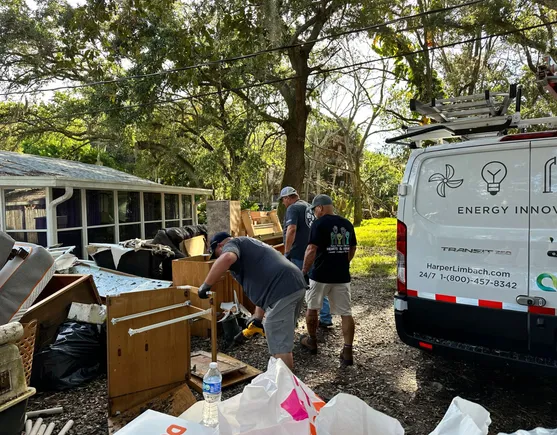Dive Brief:
- Last spring’s campus protests and the potential for more unrest this fall has had little impact on college recruiting, according to a quick poll by the National Association of Colleges and Employers.
- More than half of the 142 employers who responded to the poll were not at all concerned (25%) or only slightly concerned (30%) about the impacts of unrest on campus. By contrast, a total of 14% said they were extremely (4%) or very concerned (10%).
- Nearly 8 in 10 employers said they weren’t going to change their college recruiting plans due to possible campus unrest, the July 29 through Aug. 13 poll found. Another 12% said they weren’t sure.
Dive Insight:
As employer needs continue to evolve, organizations aren’t just dealing with shifts in how they manage the workplace. They may also be focusing a little differently on job qualifications.
Perhaps the most notable shift has been from requiring college degrees to skills-based hiring. The public sector has taken a prominent role, with Maryland in 2022 becoming the first state to roll back degree requirements for thousands of government jobs.
Formal education requirements have also decreased in job postings, according to a February report from Indeed’s Hiring Lab, which found that in January, 52% of U.S. job posts on the platform lacked educational requirements, up from 48% in 2019.
However, the trend doesn’t apply to everyone. In some occupations, such as knowledge work fields like architecture, accounting and medicine, postings that include educational requirements have increased, the report found.
Also, interest in skills-based hiring doesn’t necessarily reflect a shift in actual hirings, other research as shown, and employers are likely to value college degrees when hiring, regardless of what they list in job descriptions, experts predict.
As for recent grads who participated in campus protests while in college, “the bottom line for employers is that student activism overwhelmingly does not factor into the hiring decision,” Shawn VanDerziel, NACE’s president and CEO, stated in a Sept. 4 press release.
The NACE poll found that about two-thirds (67%) of the employers who responded said student activism played no role in their hiring decisions, while 28% said they weren’t sure, and 6% said it did.
Of the few employers who said they plan to adapt their recruiting plans to prepare for potential unrest on college, most said they are providing guidance to staff on how to respond to student demonstrators concerning the company’s stance and providing guidance on safety procedures.
On their end, colleges don’t see campus unrest as affecting recruitment, either: 60% of the 336 colleges that responded to the NACE poll said they didn’t have protests on their campuses last spring.
Also, almost every college that responded reported that neither employers (89%) nor students (95%) have raised concerns about the campus protests and their possible negative impact on recruitment or on-campus recruitment activity. Additionally, 77% of the colleges that responded to the poll said they’re not restricting recruitment from employers due to student concerns.
Even so, 32% of colleges said they’ve developed plans in case of campus unrest this fall, including increased security for recruiters during campus visits or moving to virtual recruiting if unrest occurs.






Leave a Reply